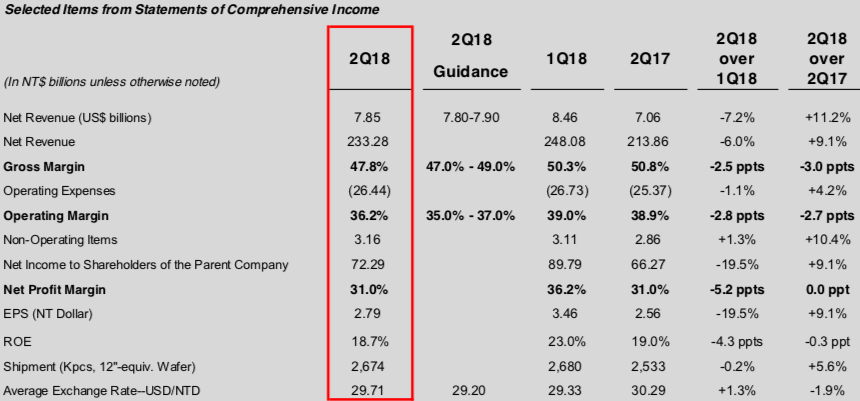
Accounting consultants are tasked with preparing and presenting detailed financial reports. These reports offer comprehensive insights into an organization’s financial standing, facilitating informed decision-making. They work closely with businesses to set realistic financial goals, optimize the use of resources, and develop strategic plans for future financial activities.
What is your current financial priority?

Which types of consultants are in biggest demand will likely change from year to year, as the profession continues to evolve to meet consumer needs. Discover how to grow your accounting practice and become a next generation firm through high value advisory services with Practice Forward. Read our what is an audit white paper, How accountants work from home successfully, to discover specific steps you can take now, along with insights into how you can effectively manage your business remotely. Furthermore, since consultants will have access to sensitive financial information, businesses must ensure appropriate confidentiality agreements are in place.
Accounting Consultant Duties & Responsibilities
Becoming an accounting consultant takes a special set of skills beyond your technical accounting expertise. Technical skills aren’t necessarily the divide between a great consultant and a mediocre one. Passion, drive for excellence, leadership, communication skills, and organizational skills – in addition to your knowledge – play a big role in how successful you will be as an accounting consultant. To become an accounting consultant, you also need to consider who you want to work with.
What is a senior account executive?
With this in mind, you should have some leadership experience, or express a willingness to participate in management training to refine your skills. Traditional sales representatives sell a product or service to clients and then hand those accounts off to customer service teams or account executives. An accountant consultant is a professional who provides strategic guidance and financial expertise to businesses, leveraging their knowledge of accounting principles. Being an accountant can mean far more than preparing tax returns, compiling financial statements, handling technical compliance work or providing back-office accounting services. Many account executives begin their careers as account coordinators or sales reps before transitioning to an account executive role.
Spending time in various accounting roles—be it in a small firm, a large corporation, or independent practice—provides the valuable practical experience needed to understand the intricacies of the job. Practical experience advising businesses on financial decisions, operational efficiency, and strategic planning can significantly enhance an accountant’s consultancy potential. For most, this begins with earning a bachelor’s degree in accounting or a related field, such as finance or business administration. It involves a purposeful journey that combines rigorous academic studies, professional certifications, hands-on experience, and the development of a diverse skill set. They might be independent professionals, members of an accounting firm, or key players in the finance departments of large corporations.
They are the leaders with information and insights facilitating intelligent decisions about the organization’s financial future. They guide businesses in adopting state-of-the-art software and technology, which can enhance operational efficiency and accuracy in financial matters. They often carry professional certifications such as Certified Public Accountant (CPA) or Certified Management Accountant (CMA), which are a testament to their competence in the field.
- Companies often prefer a graduate degree and may require the Certified Public Accountant (CPA) credential.
- Traditionally, the nature of accountancy means that you collect historical information and data and report on it.
- Opportunities exist in a variety of professional services firms, and offering consulting services on your own, is also an option.
- Regularly updating your knowledge and skills through courses, seminars, and further certifications is essential.
- Professional certifications such as CPA and CMA showcase expertise and commitment.
Because of this, you must be able to read and interpret data to gauge your team’s performance and forecast suitable goals. While data analytics isn’t necessarily glamorous, it’s critical to pushing your team and company forward. Becoming an accountant consultant how are selling expenses figured out monthly requires a combination of formal education, professional certifications, and practical experience. Businesses across various industries seek the expertise of accountant consultants. Their unique skill set makes them valuable assets to any organization, keeping their services in high demand. While formal education and certifications provide the theoretical foundation and professional legitimacy, practical skills, and experience make an accountant consultant genuinely effective.
With a fixed consulting fee, you charge for your value, above and beyond your time. Your clients pay you for your expertise, knowledge and guidance, and you will likely reap the rewards of that relationship in terms of more business from them and their referrals as well. Whether you have specialized skills or are proficient in several areas, there is balance sheet vs income statement difference and comparison a niche where you can provide great value based on your experience, skills and interests. If the accounting consulting topics in highest demand aren’t your best skills, you may want to start other advisory services in your firm.
